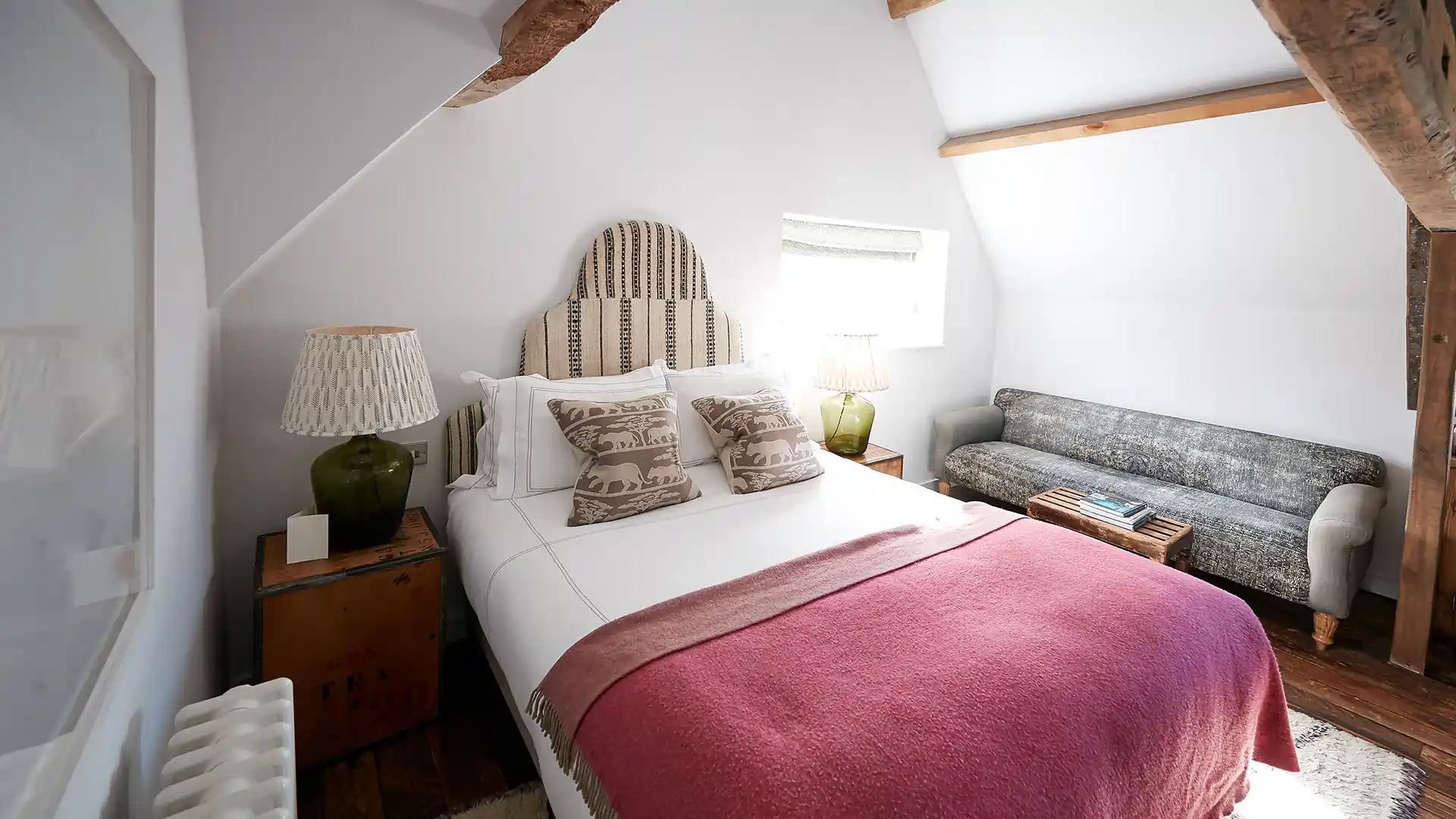Updated Feb 7, 2021 at 17:57
Thousands of Canadian homeowners are offering their property to travellers on Airbnb (and other home sharing sites like Expedia and Booking.com) as a great way to earn some extra money.
However, creating an Airbnb effectively turns your home into a business property, and that affects your homeowners’ insurance. Here are 3 things you need to know to protect your investment:
1. Your current home or condo insurance is not enough
When you have visitors staying at your home for free, the average home insurance policy does provide sufficient coverage in case they fall or if there is a fire in your home. However, if you are charging guests a fee for a short-term stay, that is a different situation. Creating an income-generating property changes the terms of the contract with your insurance company. What’s more, you are likely no longer in the home to monitor guests, presenting additional risks to you and your property.
If something should happen while your AirBnB guests are in the property – A guest slipping and falling in the shower, a theft, a fire, a sink overflowing etc. – you could be out of luck when you try to make a claim on your home or condo insurance policy. You may be able to make a claim via AirBnB’s insurance, but regardless, if you didn’t tell your home insurer that you were renting the property out, you could also have your policy cancelled for misrepresentation, which will affect how much you pay for insurance going forward.
Your insurance company needs to be informed of your plan BEFORE you rent out your property on Airbnb. Your broker can guide you through it – helping make sure you have the right coverage, and ensuring you don’t inadvertently void the contract with your home insurer.
2. Insurance needs are different for a primary residence vs. a secondary property
If you are renting out your primary residence – the home you normally live in – you may be able to simply add some extra coverage to your existing home insurance policy. If you own a second residence, such as a downtown condo or a summer cottage, you may need a separate policy that covers tenants, including short-term renters. You should talk to your insurance broker to determine the best policy for each scenario.
If you have a mortgage on either type of property being used for short-term rentals, you should advise your lender since they also want to know about added risks to the mortgaged property.
3. You need coverage beyond what Airbnb provides
Some short-term rental companies, like Airbnb, offer insurance for their hosts. However, there are four things to consider:
- Whether that coverage is enough;
- How easy it is to file claims;
- Who is covering you in between guests; and
- How it will affect your home insurance regardless.
Airbnb provides two types of protection: liability coverage if you get sued for personal injury or property damage; and coverage if a guest damages your property or possessions. But this coverage is limited and does not, for example, include the theft of jewellery, rare art, or collectibles.
Consider the potential costs if a guest falls off a deck, suffers injuries and sues you for negligence. It could be millions of dollars. Will Airbnb’s coverage be enough, or is it prudent to have your own insurance?
You also have to consider the claims process. What happens if a guest damages your property to the point that you cannot rent it again until repairs are made? AirBnB, in this case, requires you to try to get reimbursement directly from your guest first before making a claim. Even after you make a claim with Airbnb, you have to wait for them to file your claim with the insurance provider they use.
Meanwhile you’re not earning the extra income you thought you would as you wait for an answer. And what if they get back to you with an answer you don’t like? If you had your own insurance, you could handle it directly and it would likely be resolved more quickly.
The other very important consideration is that AirBnB’s insurance only covers you and your property while AirBnB guests are in it. Assuming that there are gaps in between guests, you need to have coverage for that gap time.
Even if all of the above considerations work out in your favour, your home insurance provider could still choose to cancel your policy for misrepresentation if you rented the property out on AirBnB without notifying them in advance.
4. Insurance aside, you may not be allowed
Note that some municipalities like Toronto have introduced regulations that make it harder to list your property on short-term rental apps like AirBnB, Booking.com and Expedia. Toronto now requires proof that the property is your primary residence, and that you are not just creating what is known as a “ghost hotel” and thus exacerbating shortages of longer-term rental housing in the city.
If the property is a condo, or if it is an apartment that you yourself are renting, there may also be rules (either of the condominium corporation or of the property management company that owns the rental apartment) that disallow renting out or subletting the property, or in some cases, that specifically disallow short-term rentals. This may be because the companies that own/run the building know that having short-term tenants will lead to more claims and higher premiums on their own insurance policies.
Check your municipal by-laws, condo by-laws or equivalent rules if your property is a rented apartment. There could be stiff fines if you are found out.
Protect your investment with the right insurance
There are a lot of factors to consider before renting out your property. A lot of it has to do with insurance. Mitch can help you through it all, and find you specialized coverage that may not cost you that much more, but will help you sleep easy, knowing you are properly protected from all the risks associated with being a landlord.
Whether it is your own home or a second property, protect yourself with the right coverage. Get professional advice and no-obligation quotes from any one of our landlord insurance brokers. Contact Mitch Insurance Brokers at 1-800-731-2228 or info@nullmitchinsurance.com.
Looking for Airbnb insurance?
Speak with a Mitch Insurance broker today to get a quote on Ontario Airbnb insurance. Learn more >
Call now
1-800-731-2228




